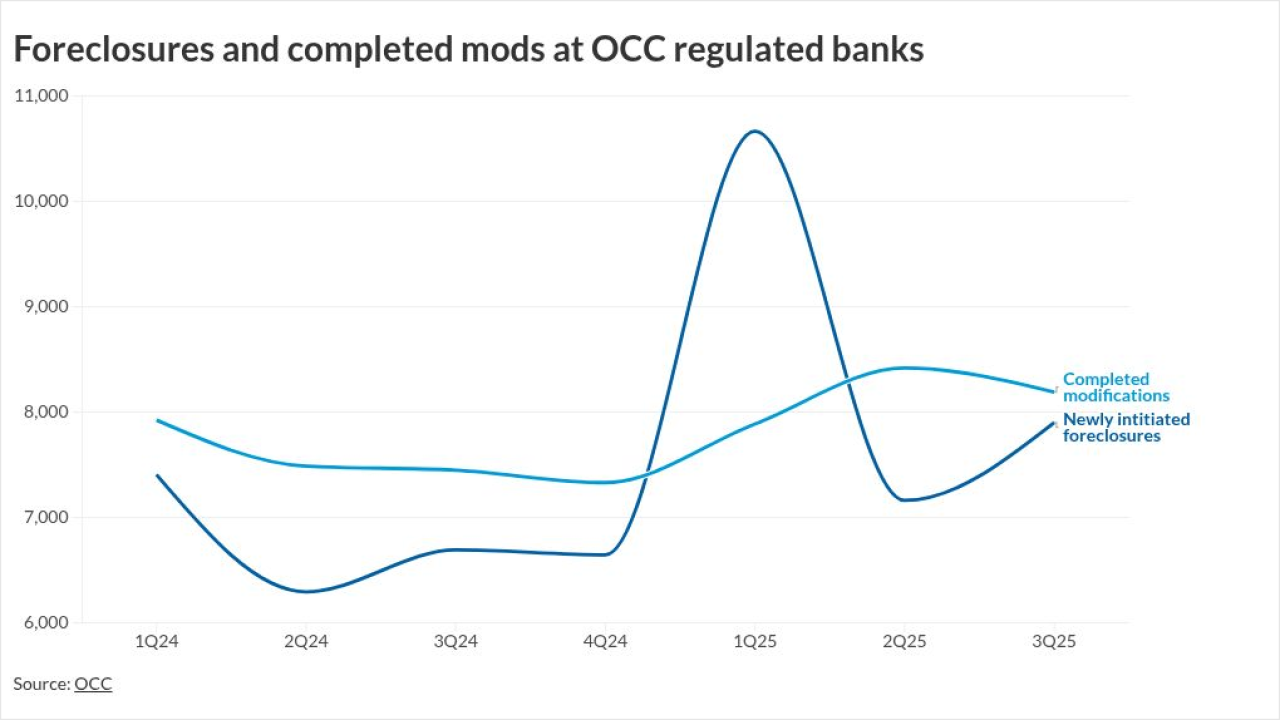Expected property damage from Hurricane Helene has more than tripled nearly one week after the powerful storm
Helene is the
Total insured wind and flood losses are predicted to be between $10.5 billion and $17.5 billion, according to CoreLogic's most recent report. Earlier estimates had placed the cost of insured damages between $3 billion and $5 billion.
Overall, total flood and wind losses are estimated to range from $30.5 billion to $47.5 billion. A significant portion of these overall losses comes from uninsured flood damage, estimated to be between $20 billion and $30 billion.
Standard homeowners' insurance typically does not cover flood damage, so homeowners often must purchase separate coverage through the
"When intense storm surge and flooding events, like Hurricane Helene, reach regions that are infrequently affected by natural hazards, we can expect to see damage to homes without flood insurance coverage," said Jon Schneyer, director of catastrophe response at CoreLogic, in a written statement. "The fact that so much damage was concentrated outside the Special Flood Hazard Areas (SFHAs) makes it challenging to realize the full extent of impact to uninsured homeowners."
The NFIP offered by the Federal Emergency Management Agency is expected to provide up to $6.5 billion of insurance for the recovery efforts, Schneyer added.
Insured flood losses from the NFIP and private insurance are estimated to be between $6 billion and $11 billion, while damage from wind is projected to range from $4.5 billion to $6.5 billion, CoreLogic's report stated.
In response to the devastation, mortgage companies and others in the financial services industry stepped up to assist affected communities.
Meanwhile,
Hurricane Helene's devastation on local communities is also prompting young adults to rethink their future home-buying plans. Nearly one-third of U.S. residents aged 18 to 34 say they are reconsidering where they want to live because of the storm, a report commissioned by Redfin found.
"Scores of Americans flocked to the Sun Belt during the pandemic because remote work allowed them to take advantage of the region's relatively low cost of living," said Daryl Fairweather, chief economist at Redfin, in a statement. "Some thought Appalachia was insulated from hurricane risk, not realizing that the area is prone to flooding and that hurricanes can sometimes cause flash flooding far away from the ocean."
"Americans are beginning to realize that nowhere is truly immune to the impacts of climate change, and we're starting to see that impact where people want to live—even people who haven't experienced a catastrophic weather event firsthand," Redfin's chief economist added.



